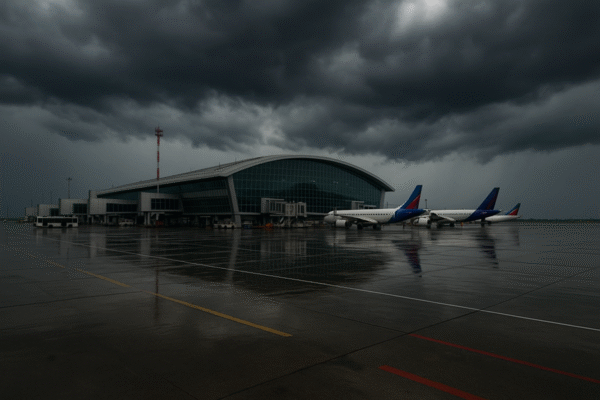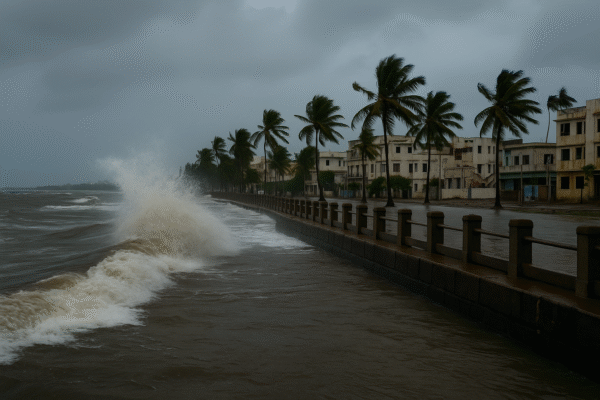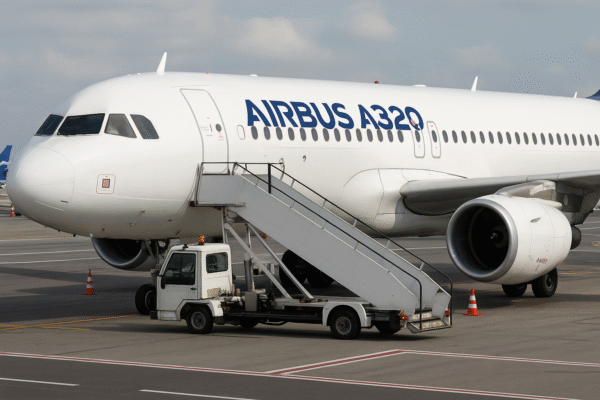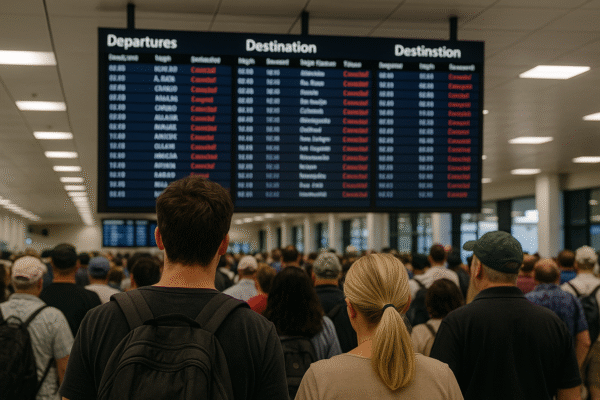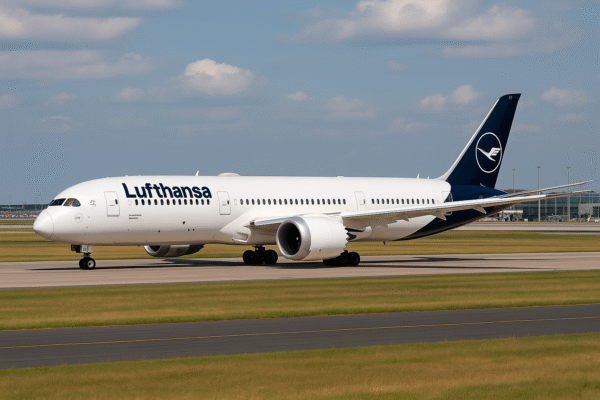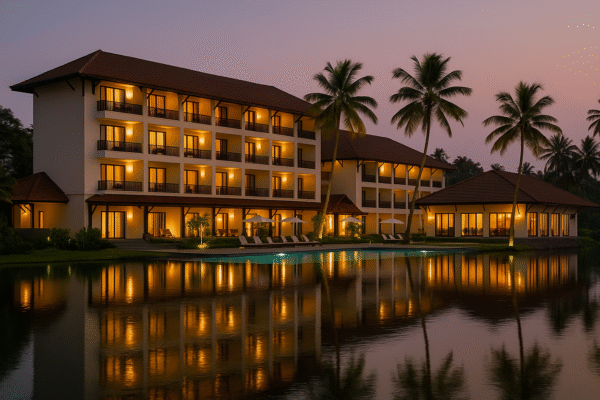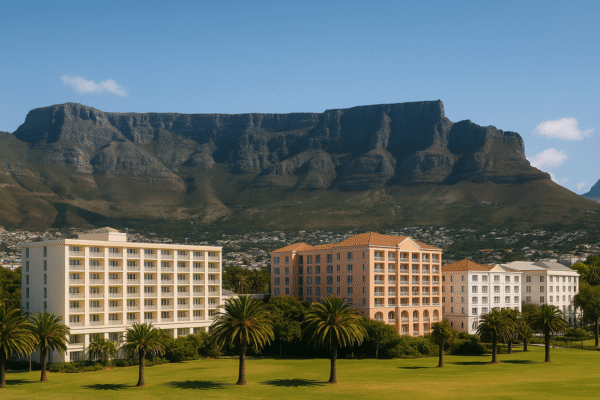June 2025 signals a compelling recovery in South Africa’s tourism sector, with accommodation income up by 6.5% year-on-year. This uptick reflects a resilient industry capitalizing on both domestic and international demand — particularly through strong performance in the hotel segment.
Hotels Set the Pace
Hotels played a pivotal role in June’s uplift, posting a remarkable 12.9% increase in income compared to June 2024. This segment alone contributed nearly 7 percentage points to the overall growth. By contrast, smaller lodgings—such as guesthouses, lodges, and B&Bs—saw only a marginal 0.4% increase, contributing a fraction of a percentage point.
This clear divergence illustrates an emerging preference among travelers for hotels, likely due to their comprehensive amenities, consistent service levels, and competitive pricing — especially attractive for longer stays or business-oriented trips.
Mid-Year Surge and Strategic Insights
Looking at the broader picture, accommodation income for the second quarter (April–June 2025) rose a robust 11.4% versus the same period in 2024. Hotels drove much of this growth (14.2%), while “other accommodation” also contributed meaningfully (8.2%).
These results underscore several strategic imperatives for the travel industry: resilience, infrastructure readiness, guest experience, and the ability to pivot amid fluctuating market dynamics. Destinations that blend quality and adaptability—balancing value and premium offerings—are well-positioned to attract a diverse mix of travelers amid global economic uncertainties.
Short-Term Volatility, Long-Term Gain
June 2025 did bring a slight month-on-month dip—about 1.3% seasonally-adjusted down from May. But this isn’t cause for alarm. Rather, it’s a reminder that tourism is inherently sensitive to seasonal shifts like school holidays, global travel patterns, and cyclical demand. Providers who anticipate these fluctuations and respond swiftly will remain competitive and sustainable.
Drivers Behind the Growth
What’s fueling the June performance? Two key factors stand out:
- Increased Occupancy: Stay-unit nights sold rose 2.7%, indicating more guests booking across the board.
- Lifted Rates: Average income per night climbed 3.7%, signaling improved pricing power and a shift toward higher-value bookings.
Together, volume and value are reinforcing South Africa’s tourism economy, boosting investor confidence and signaling a travel market in recovery.
Domestic and Global Impacts
For global travelers, South Africa’s gains offer renewed assurance. A vibrant hotel sector signals availability and standards that appeal to both budget-smart and premium guests. This duality enhances South Africa’s competitiveness as a leisure and business destination.
Domestic tourism continues to play a stabilizing role amid economic pressures like inflation and tighter household budgets. While some travelers may shorten or adjust their plans, many are extending stays or upgrading accommodations, buoyed by confidence in service consistency.
Regional Highlights
Three provinces are particularly noteworthy:
- Western Cape (Cape Town): A perennial favorite, where economic strength, infrastructure, and global appeal converge.
- Gauteng (Johannesburg, Sandton): A business and transit hub driving occupancy and revenue growth.
- Eastern Cape (including Mthatha and surrounding areas): Emerging as a high-yield region as travelers seek authentic and less-visited experiences.
These areas underscore a geographically diversified growth pattern that enhances national tourism resilience.
Global Relevance
South Africa’s performance illustrates global travel trends at play: the rise of premiumization, demand for reliable service, and the importance of diversified market segments. For tourism stakeholders worldwide, the key lessons are clear:
- Build adaptable infrastructure that can manage both spikes and dips.
- Offer varied accommodation tiers without compromising quality.
- Monitor consumer sensitivity to prices and adjust offerings accordingly.
- Keep strategic eye on both domestic and international demand streams.
Bottom Line
Mid-2025 tourism data places South Africa in a strong recovery arc. Hotels are leading the charge, merging occupancy gains with savvy pricing to deliver a compelling growth story. While short-term volatility requires vigilance, the broader trajectory remains upward—positioning South Africa as a reliable, attractive, and increasingly diversified destination in the global travel landscape.
Read more hospitality news, follow Global Travel Wire.




